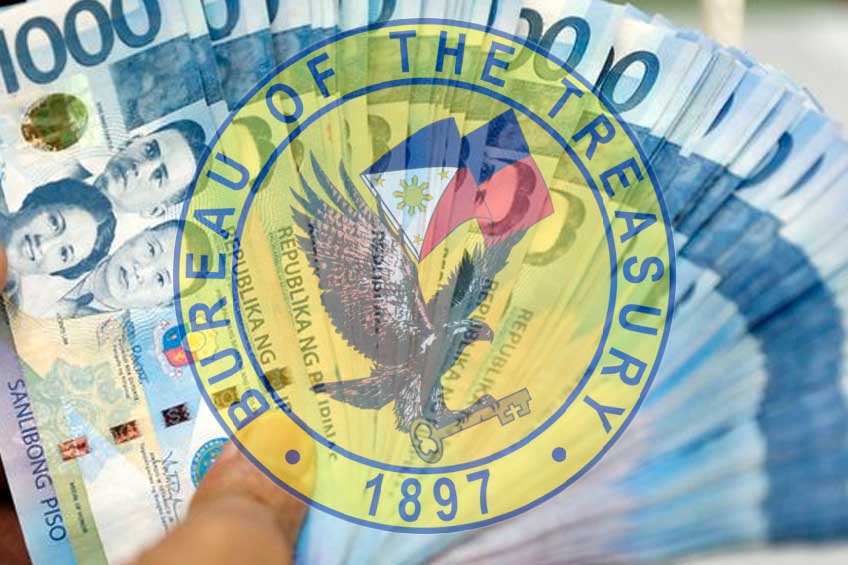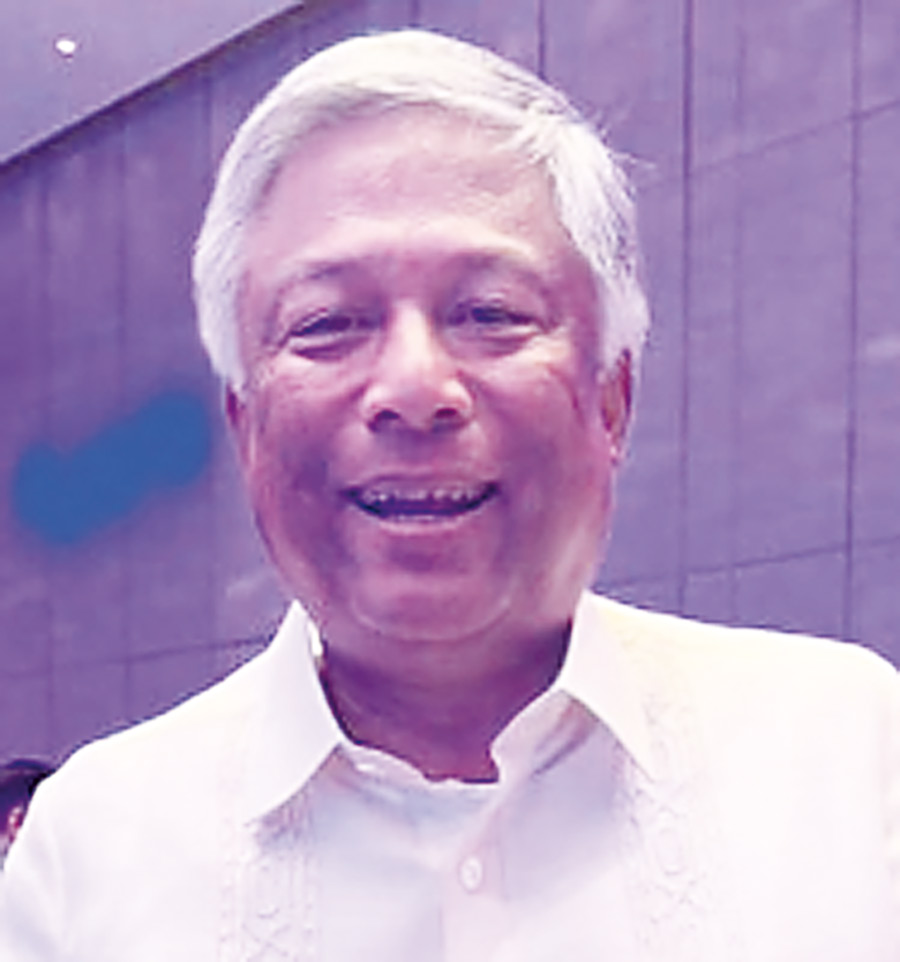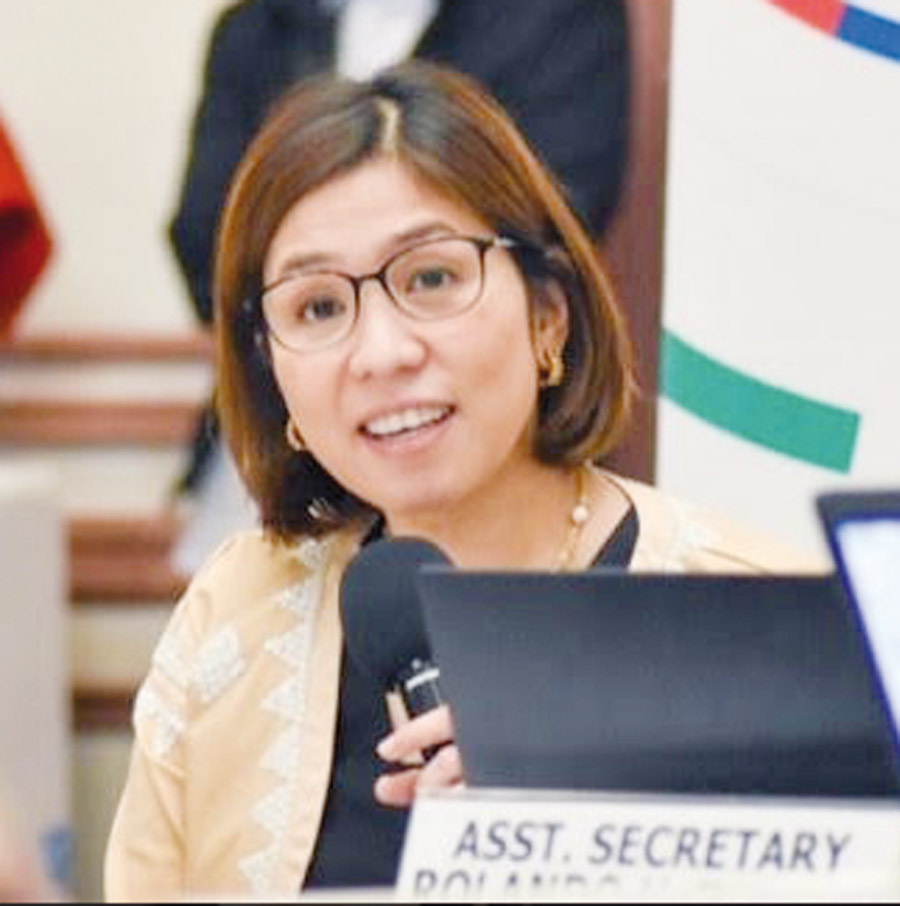The Department of Budget and Management (DBM) said the Public Financial Management (PFM) Reforms Roadmap for 2024 to 2028 is key to securing an ‘A’ credit rating.
In a statement during the handover of the Roadmap to the President at the Malacañan Palace on September 7, Budget Secretary Amenah Pangandaman highlighted that while economic indicators are showing promising results, these numbers alone are not enough to secure an A credit rating.
She stressed that bolstering governance frameworks is equally essential in achieving this goal.
“This (roadmap) is part of our governance and bureaucratic efficiency and reform, which is also one of the crucial components of our road to ‘A’ (credit rating),” Pangandaman said.
She said the roadmap addresses this governance aspect by promoting greater efficiency, transparency and accountability in managing public funds.
This, in turn, will help solidify the country’s economic gains and further augment the overall credibility and stability required to attain higher credit rating.
The roadmap outlines key activities that align planning, budgeting and auditing processes across government agencies, ensuring more efficient public service delivery and fiscal responsibility.
Pangandaman highlighted that 13 activities under the roadmap have already started, covering areas such as planning and budget linkages, cash management, public asset management and digital PFM.
The comprehensive PFM strategy also ensures a streamlined approach in disaster risk reduction and management, procurement and local government financial management, all major elements in building investor confidence and securing better credit standing for the country.





